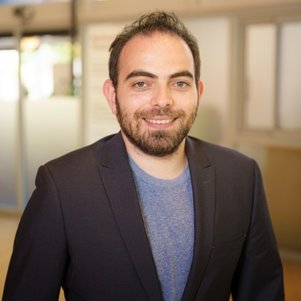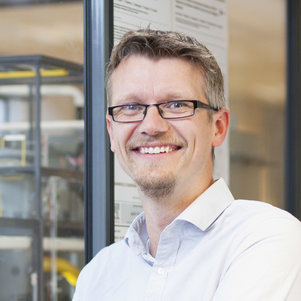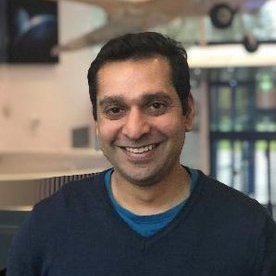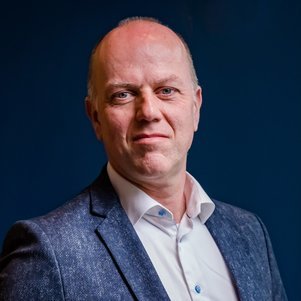NWO Open Technology funding to produce a versatile acid sustainably
The NWO has awarded over 5.3 million euros to six projects through the Open Technology Programme, including the research of Ludovic Jourdin to make products from CO2 and renewable electricity, based on a versatile acid. Apart from the NWO funding, companies and other organisations involved invest 1.1 million euros into the projects.
A versatile acid
Ludovic Jourdin and co-applicants Johan Padding, Kunal Masania, Adrie Straathof and John Nijenhuis will develop a process to make hexanoic acid from CO2 and renewable electricity. This versatile acid is a raw material for a range of products, for example for plastic, filaments and fibre, for fuel and for flavour and fragrance compounds.
Sustainable production
“At the moment, hexanoic acid is mainly sourced from coconut and palm kernel oils. This limited and non-sustainable production means that the acid has a relatively small market to date”, says Jourdin. “However, its market is expected to expand tremendously upon novel ways to produce it, such as our method.”
Multidisciplinary approach
The researchers will develop a microbial electrosynthesis (MES) process that produces hexanoic acid, using microorganisms as catalyst. The multidisciplinary approach that combines expertise in the fields of microbiology, additive manufacturing (e.g., 3D printing), process engineering, and multi-scale modelling will elucidate and demonstrate how to avoid rate and yield limiting steps from micrometre to meter scale. The attained insights on the working mechanisms of MES will help the scientists to develop a scalable process capable of producing pure hexanoic acid from CO2 under industrially relevant conditions. The consortium will also test and evaluate the further conversion of hexanoic acid to commercial animal feed additives, PVC plasticisers and lubricants.
Applicable knowledge
The Open Technology Programme of NWO funds excellent research that should lead to applicable knowledge. The programme offers companies and other organisations involved a low-threshold possibility of contributing to scientific research with a view to the possible application of the results. The Delft research team is partnering with co-funders Johnson Matthey, Perstorp, Worley, Uniper and Greencovery.




